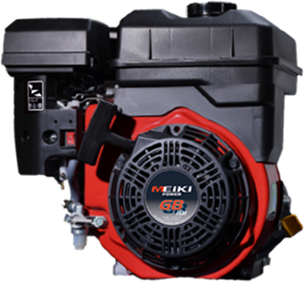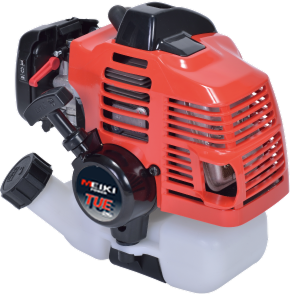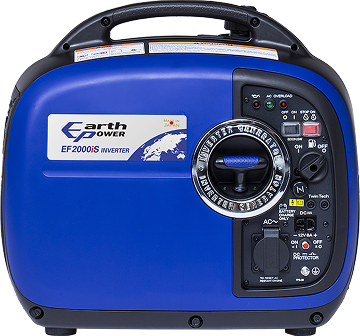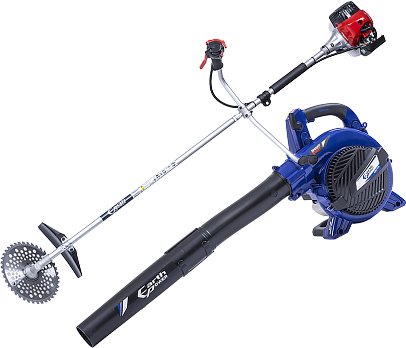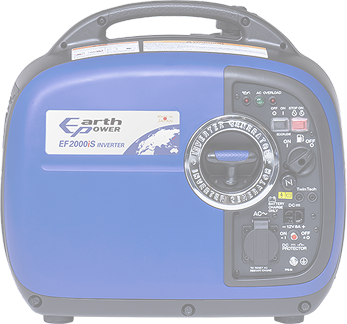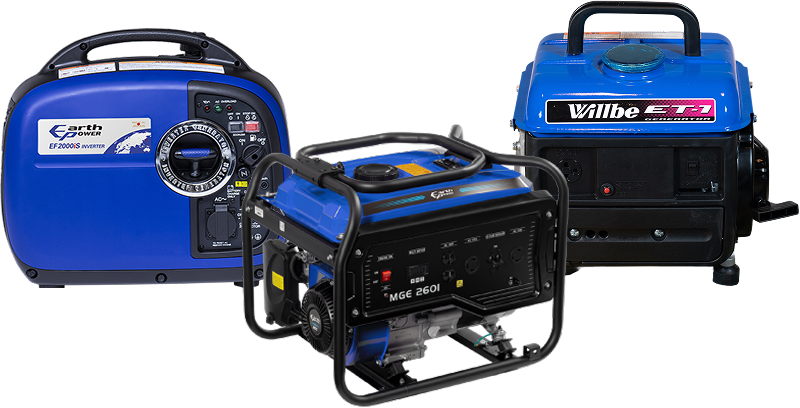Before using a generator, read this manual to the end. Use the generator correctly.
If the engine is handled incorrectly, a serious accident or damage could occur.
When using a cassette gas cylinder or propane gas generator, be cautious of exhaust gas (gas poisoning)

- The exhaust gas includes large quantities of carbon monoxide, which is highly toxic and harmful. Do not use the generator in a home, warehouse, car, well, tunnel, tank, or other area with poor ventilation.
Use the generator correctly.

- Stop the engine before fueling.
- When fueling, keep away from flames. If fuel spills, cleanly wipe it away, and only start the engine after it completely dries. Use a portable can to add and carry the fuel.

- Use a cord of suitable length and thickness with the generator.
- If the cord is too long or thin, the voltage will drop. This could cause a lower output or malfunction. Use a cord of suitable length and thickness.

- Use the generator in areas with good ventilation.
- When the generator’s engine operates, exhaust gas is released. Carbon monoxide poisoning could occur, so do not use the generator in places with poor ventilation, such as a home, warehouse, car, well, manhole, tunnel, etc.

- Properly perform maintenance before long-term storage.
- Remove fuel from the unit and keep it clean so it is ready for use. (Do not wash it with water). Replace the engine oil with new oil.
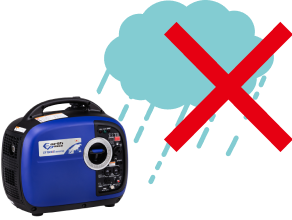
- In order to avoid electrical leaks or electric shock, do not get the generator wet.
- Do not use the generator in rain or while it is wet. It is very dangerous; there is a risk of electric shock. Do not wash the generator with water or use a wet hand to plug in devices or operate the switches.
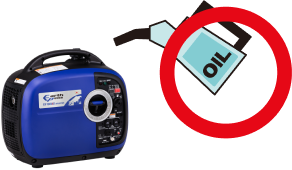
- Properly check and replace the oil.
- If the engine oil gets dirty or if there is not enough oil, it could cause seizure and shorten the engine’s lifespan. Oil degrades even if it is not used. Replace it every 6 months.

